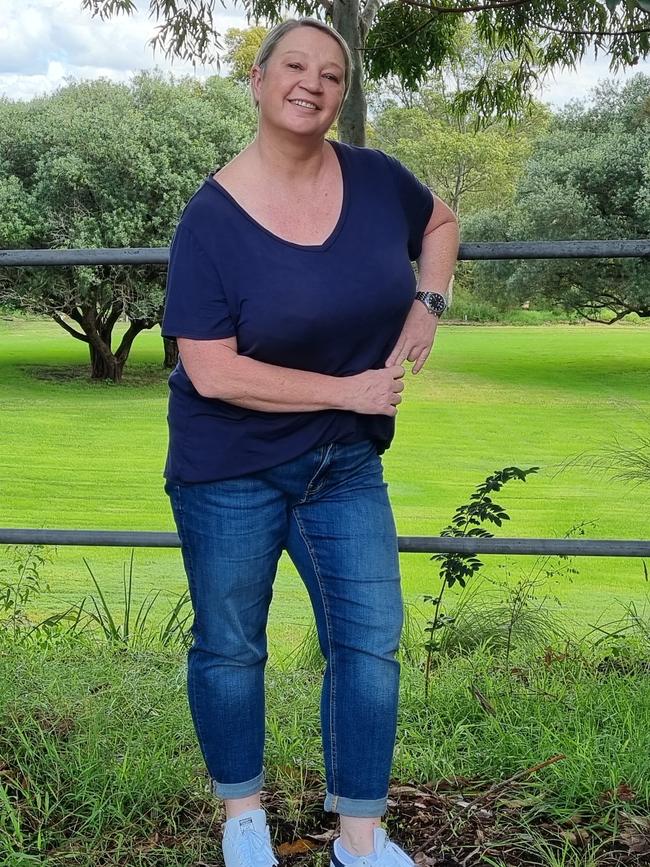Aussies hiding true selves at work and workplace discrimination policies are failing
Two-thirds of Aussies are hiding their true selves at work for fear of discrimination and policies designed to protect workers from discrimination are failing the very employees who need it.
SmartDaily
Don't miss out on the headlines from SmartDaily. Followed categories will be added to My News.
Australians are hiding their true selves on the job as experts warn policies to protect them against workplace discrimination are proving ineffective.
New research by job site Indeed reveals 65 per cent of workers mask part of their identity in the workplace, with many fearing they will not be treated equally.
And while most Australians believe it is important their workplace supports diversity and inclusion, only 54 per cent say their company employs people from different cultural, ethical and social backgrounds.

The research shows three-quarters of LGBTQI+ workers hide their identity and more than two in five workers with a disability do not disclose their condition.
One in five minority workers – those who are non-native English speakers, are LGBTQI++ or have a disability – are not confident their employer will act on a discrimination complaint.
Indeed career insights specialist Kate Furey says workplace discrimination can take many forms, including unequal pay, reduced work hours, being overlooked for promotion and training and being subject to microaggression.
“It’s clear that a lot of work needs to be done for all Australians to feel safe and supported at work,’’ Furey says.
“Concealing who you are on a daily basis often comes at great personal cost. It can impact professional relationships and make building support networks difficult.’’
Nicki Araghi has been subject to office gossip over her sexuality and says the experience took a heavy toll on her mental health, causing her to quit.
“In my 20s, when I was still completely in the closet, someone at work found out about my then-partner and took the liberty of sharing this news with the rest of the business,’’ says Araghi, who is now the shared services director at hotel commerce platform SiteMinder, where she is conscious of modelling more inclusive behaviour.
“I can still remember entering the staff area following this gossip being spread and the co-workers that I usually sat with for lunch clearing from the table as soon as I joined them.

“For days I had no idea why people seemed to be avoiding me and were whispering about me which, for someone who had always been a very social person at work, was extremely distressing.
“Eventually, I discovered what had happened and realised just how toxic and discriminatory the workplace was, especially when rude notes began appearing in my locker.’’
SEEK COLLECTIVE SUPPORT
University of Sydney employment law expert Dr Giuseppe Carabetta says the typical response to workplace discrimination is appalling.
“It’s not positive, it’s actually embarrassing,’’ he says.
“I’ve seen some disgusting things – senior business people who go around vilifying people but nothing gets done about it.
“The policies (to prevent discrimination) are there but what’s happening on the ground is a very different story.’’
Carabetta, who has personal experience of racism in the workplace, suggests those subjected to discrimination find a support network – preferably their union – and file a group complaint.
“Don’t go it alone. The best option is to go in as a collective,’’ he says.
“By using a collective of employees, it’s far, far better – it dampens the risk and the stress and it’s more powerful.’’
FIND SAFE WORKPLACES
Mental health social worker Lachlan Slade, from Slade Consulting, sees an increasing number of clients experiencing workplace discrimination and says more needs to be done to help workers feel safe.
“Queer people make up 10 per cent of the population. If 10 per cent of your workplace is not productive because they’re looking over their shoulder and they’re worried then there’s a problem that certainly needs to be addressed,’’ Slade says.
Where it is safe to do so, Slade recommends approaching those exhibiting discriminatory behaviour and having a respectful conversation.
“I find that a lot of queer phobia, in even the most ardent of queer-phobic people, will start to deteriorate when they start to build a relationship with someone that is queer and can see the humanity within that person,’’ Slade says.
But they accept that in some instances, even if the discrimination is addressed, workers may feel more comfortable looking for employment elsewhere.
Slade advises checking a prospective employer’s inclusivity credentials, through their involvement in inclusivity initiatives and on company and employee LinkedIn profiles, to prevent future discrimination.
“There’s an increasing number of organisations going through Rainbow Tick accreditation (to show they are LGBTQI++ inclusive) so look (to gain work) there,’’ Slade says.
“There’s nothing that’s going to be perfect and will completely eliminate queer phobia but (Rainbow Tick companies are) as close as we will come.’’
SECRETS ON THE JOB
Issues Aussies are hiding from their workplace:
• Age – 18 per cent
• Culture – 16 per cent
• Religion – 15 per cent
• Sexual orientation – 13 per cent
• Disability – 13 per cent
Source: Indeed
Originally published as Aussies hiding true selves at work and workplace discrimination policies are failing


